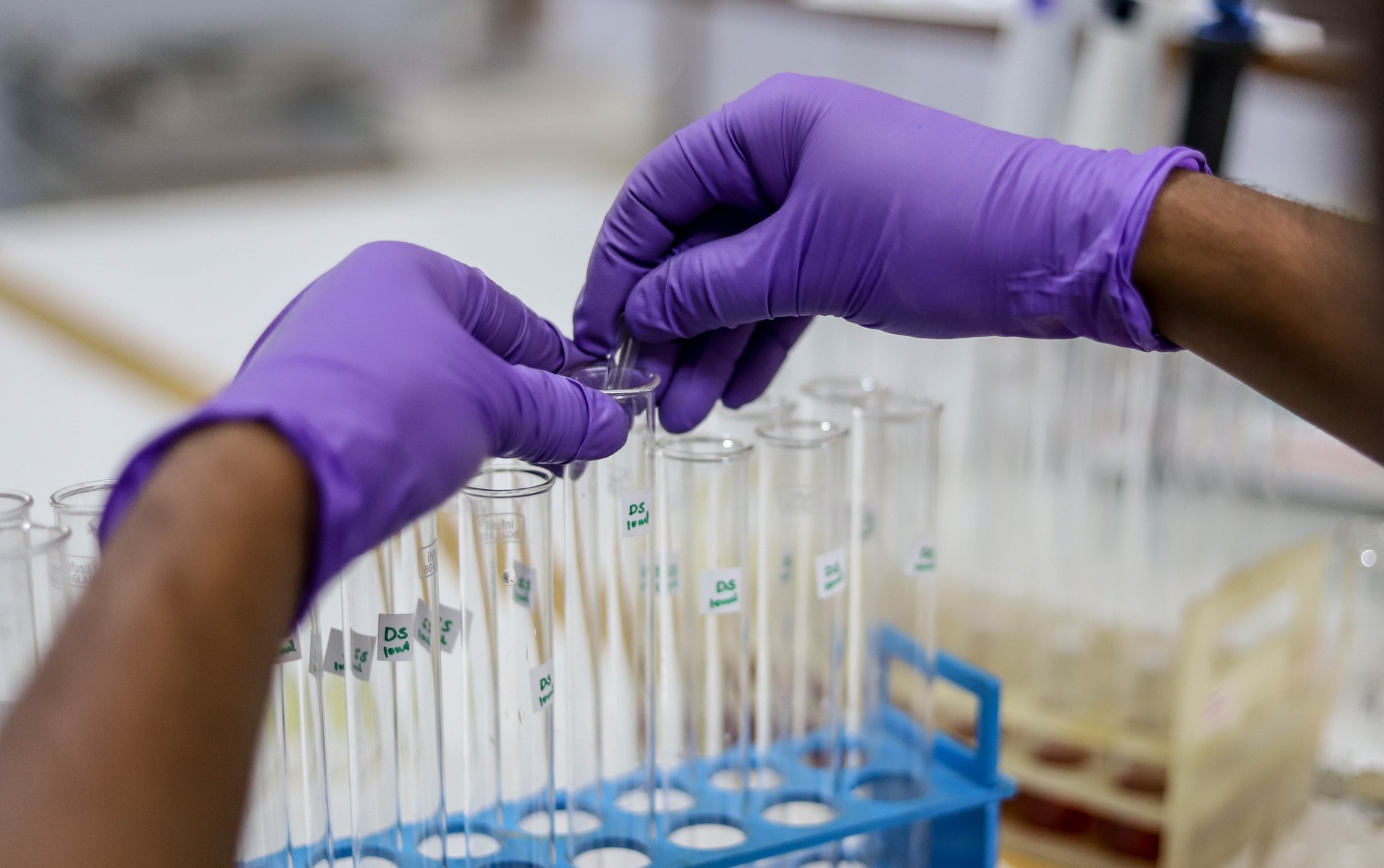India has taken a significant leap forward in strengthening its biomedical research ecosystem with the approval by the Union Cabinet of Phase-III of the Biomedical Research Career Programme.
The programme, launched in 2008–09, is a flagship Indo-UK initiative aimed at nurturing a robust research environment in biomedical, clinical, and public health sciences.
Initially established through the Department of Biotechnology and the Wellcome Trust UK under the DBT/Wellcome Trust India Alliance, BRCP has played a key role in shaping India’s scientific capacity and international standing over the past 15 years.
The first phase of BRCP, launched in 2008–09, laid the groundwork for a globally recognised biomedical fellowship system in India. It supported researchers at various career stages, promoted excellence in research practices, and established a strong ethical foundation.
Phase-II, introduced in 2018–19, further expanded this foundation with a significant investment of ₹2,388 crore.
It awarded 721 research grants and was notable for encouraging interdisciplinary collaboration, strengthening research infrastructure, and securing 90 national and international recognitions. It also introduced new programmes to promote transparency, diversity, and inclusivity in Indian science.
Phase-III of the programme is scheduled for implementation from 2025–26 to 2030–31, with a servicing phase extending to 2037–38. It is backed by a total funding of ₹1,500 crore—₹1,000 crore from the Government of India and ₹500 crore from the Wellcome Trust.
This phase focuses on training over 2,000 researchers, generating high-impact publications and patentable discoveries, and ensuring that 25–30 percent of supported projects reach Technology Readiness Level-4 or above, bringing research closer to real-world application.
It includes fellowships for early and intermediate career researchers in basic, clinical, and public health domains, along with collaborative grants and a dedicated research management component.
The programme also aims to increase participation from Tier-2 and Tier-3 cities and institutions, addressing regional disparities in access to research opportunities. In parallel, 10–15 percent more support will be extended to women scientists through initiatives like BioCARe, Janaki Ammal Awards, and the WInER programme, as well as targeted mentorship and leadership-building platforms like the Women Leaders in Global Health Conference.
The impact of previous phases is evident in India’s response to the COVID-19 pandemic, where BRCP-funded projects contributed to the development of 10 vaccine candidates, 34 diagnostics, and 10 therapeutics.
Notable achievements include Covaxin, India’s indigenously developed COVID-19 vaccine; ROTAVAC®, the country’s first rotavirus vaccine; and diagnostic breakthroughs such as rapid dengue tests.
The dbGENVOC oral cancer database, which hosts over 24 million genetic variants from Indian patients, and the National Antimicrobial Resistance Mission, developed in collaboration with the World Health Organization, are further examples of the programme’s strategic contributions.
BRCP Phase-III will also continue to support key research areas including human genetics and genomics, infectious disease biology, vaccine development, diagnostics and devices, therapeutics and drug repurposing, biomedical engineering, stem cells and regenerative medicine, maternal and child health, marine and aquaculture biotechnology, and public health and nutrition. Flagship projects like GenomeIndia, which has sequenced 10,000 Indian genomes, and UMMID, which focuses on rare childhood diseases, are examples of the programme’s personalised medicine approach.
By advancing projects in these areas, the initiative aims to reduce dependency on imports, lower healthcare costs, and deliver scalable solutions for India’s diverse health challenges. Biorepositories and clinical trial networks will help translate lab discoveries into practical treatments, and the focus on AMR surveillance and nutrition reflects an integrated vision for national health security.
The BRCP represents a strategic step toward realising the Viksit Bharat 2047 vision. It aims to cultivate world-class talent, promote gender and regional inclusivity, strengthen research systems, and convert innovation into action. With sustained international collaboration and a clear commitment to science-led development, BRCP is set to solidify India’s leadership in global biomedical research and health innovation.














